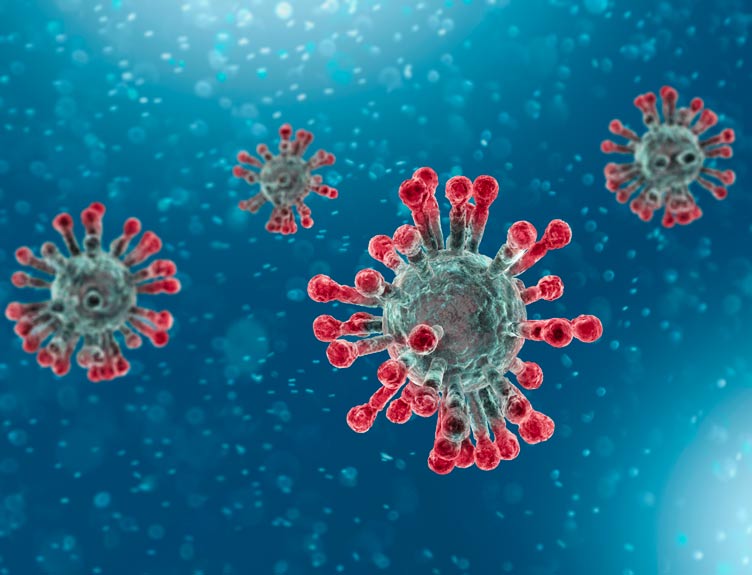
At present, with no reported cases of coronavirus (COVID-19) in Ireland, RCSI will continue to carry out its normal day-to-day functions and all planned events, but the situation will be monitored closely.
Ireland’s National Public Health Emergency Team is meeting weekly to continue its review of the country’s ongoing preparedness in line with advice from the Health Protection Surveillance Centre in Ireland, the WHO and the European Centre for Disease Prevention and Control (ECDC).
Within RCSI, a working group is meeting once a week, and more often when required, to update our plans based on any changes to the public advice from the National Public Health Emergency Team, the WHO and ECDC. The group is being advised by RCSI Professors Sam McConkey and Hilary Humphreys and Dr Fidelma Fitzpatrick.
This is a fast-moving situation and staff and students will be updated by email as the situation evolves and in response to the guidance being issued by the relevant authorities.
Advice and guidance
The most up-to-date source of guidance is the Opens in new windowHealth Protection Surveillance Centre, which has developed a helpful FAQ. In addition to general information, it also includes information on prevention, signs/symptoms/travel advice and the global situation.
Travel guidance
In response to Irish and international public health guidance and official travel advisories, RCSI Travel is restricting travel to and from China.
In respect of personal travel, RCSI is strongly advising staff and students not to travel to China or travel from China to Ireland. If you any queries, please contact the Health and Safety Office.
If you have returned to Ireland from an affected area in the last 14 days, you are asked to stay at home for 14 days and notify RCSI’s Health and Safety Office and your line manager. Please also ring your local Opens in new windowDepartment of Public Health and they will advise you of the next steps over the phone. Do not present at your GP surgery or an ED.
Staff must notify the RCSI Health and Safety Office if visitors from an affected area are due to visit RCSI before any travel arrangements are made.
Symptoms and prevention
Common signs of infection include:
- Respiratory symptoms (cough, shortness of breath and breathing difficulties
- Fever
- In more severe cases, infection can cause pneumonia, severe acute respiratory syndrome, kidney failure and even death
Standard recommendations to prevent infection spread include:
- Regular hand washing
- Covering mouth and nose when coughing and sneezing as part of respiratory etiquette
- Avoid close contact with anyone showing symptoms of respiratory illness such as cough or sneezing
If you are unwell on return from travel to an affected area, stay at home and call your local Opens in new windowDepartment of Public Health. Do not present at an Emergency department or at your GP practice. There is further information available on the Opens in new windowHPSC website.
This is a potentially worrying time for staff and students, and parents, most particularly for those with family and friends in the affected regions. It is possible that members of the RCSI community may experience discrimination or alienation over the coming period. Respect is a core value of RCSI and it is important that we show our support to any colleague or student who may be affected.